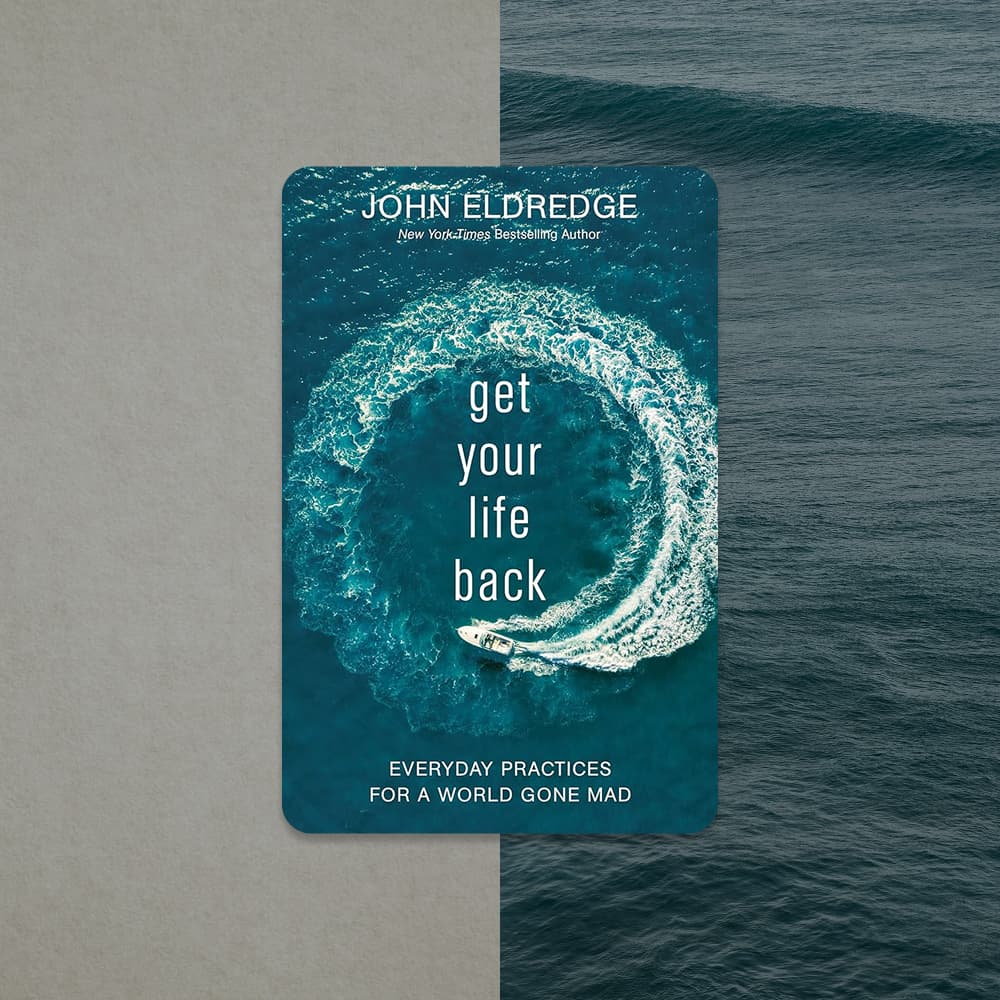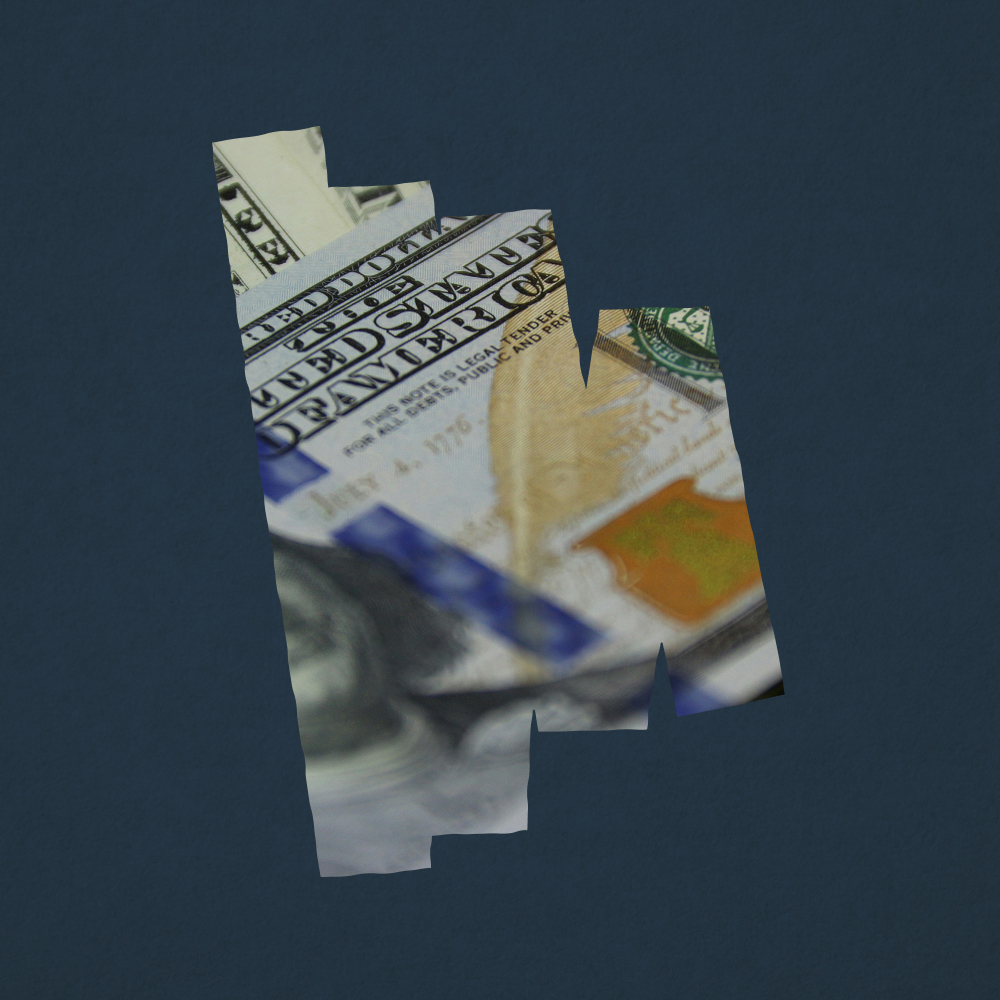The word “peace” is thrown around a lot. We hear it in the context of global events as commentators hypothesize about “world peace”; it’s brought up in wellness spaces as people seek to find “inner peace”; and of course, it comes up in religious contexts as phrases such as “Prince of Peace” and “Peace on Earth” are mentioned during sermons or in our favorite devotional books.
But what really is peace?
When we look at the word culturally and how it has been used historically, it often refers to an absence of war or conflict. However, if you dig a little deeper into its origins, the meaning of the word “peace” (coming from the Latin “pax”) is closer to a sense of tranquility, quiet, wholeness, and safety. When was the last time you experienced those things? Was it in your body? In your mind? In your community? In your soul?

I think peace, in its true sense, is something that we all crave deep within us. However, it can seem so elusive. Maybe one day we feel at peace because we love our job, our significant other wrote us a sweet note, and we got good sleep. But then the next day, there’s miscommunication at work, we get into an argument, and in the middle of the night we’re woken by loud neighbors. And just like that, our peace may be gone!
Maintaining our peace at all times may seem impossible, when we as humans are constantly at the mercy of the many circumstances surrounding us. However, there’s a special way of looking at the concept that can help create a strong protective wall around our peace—so that it’s not dependent on the outward circumstances of our lives.
In his memoir about being a prisoner in a Nazi concentration camp, author Viktor Frankl shares how people react in different ways to the horrors they are exposed to. According to his observations, some of Frankl’s fellow prisoners would simply give up and let themselves decay into misery, while others would continue fighting for their dignity no matter what. In his mind, how a person behaved came back to one fundamental choice: “Everything can be taken from a man but one thing: the last of the human freedoms—to choose one's attitude in any given set of circumstances, to choose one's own way.”
In a direct way, Frankl addresses the idea that there is a way to maintain our peace, to choose our way, despite the outward conditions of our lives. Each of us, no matter what the external factors in our lives may be, has the ability to maintain a certain level of control and independence in how we respond.
I like to picture peace as a deep ocean that we all have within ourselves. Even if there are waves and ripples that affect us on the surface level, those tremors cannot disrupt the depth of our souls. In many mindfulness exercises, there is this idea presented that our thoughts—good or bad—are simply passing events that do not have control over us. We can treat the things that try to destroy our peace in the same way.

But how do we reassure ourselves that all is truly well, deep within our souls, when so many things happen in our lives that are less than ideal? Very simply, we need to build our peace on a truth that does not move. If we need a specific house, person, or type of chocolate to make us feel at peace, our peace will be dependent on those things. And if something changes—if we can’t afford the house we want, if our boyfriend/girlfriend leaves us, or if the supermarket is sold out of our favorite chocolate—what are we left with?
We need to discover what is unmovable. What is the firm foundation for protecting our peace?
Fr. Jacques Phillipe, one of my favorite spiritual writers, states it very clearly in his book Searching for and Maintaining Peace:
“The Lord can leave us wanting relative to certain things…, but He never leaves us deprived of what is essential: His presence, His peace and all that is necessary for the complete fulfillment of our lives, according to His plans for us.”
This quote highlights that true peace remains, even in the absence of some temporary or materialistic things, if we focus on what is essential to our humanity. Peace cannot be gained (or maintained) by trying to control our circumstances. There are always things in life that include suffering. But we can take comfort in the fact that God will never deprive us of what is really necessary for our inner peace.

So how do we apply this truth to our lives?
I believe the first thing that we have to do is look at ourselves honestly and see what we’re currently depending on for our sense of peace. Do we demand that certain plans go well? Are we fixated on a worry-free life? Is it material possessions? Once we identify and name these things, we can see clearly how they may be contributing to our lack of peace.
Second, I think it can be very helpful to recognize times, spaces, and even people who you feel at peace around. Maybe it’s when you’re home with your family. Maybe it’s in your garden. Maybe it’s simply when you’re reading a good book. Reflect on why you feel at peace in those moments. Then, when you’re feeling unpeaceful, try to tap into that same inner sense that you connected with when you were at peace. With some practice, you’ll realize that your peace never left—you simply needed to dive a little deeper into yourself to find it.
Finally, quieting the noise and distractions that bombard your body and mind is essential. This can be as simple as turning your phone off on Sundays to get a mental break from notifications and scrolling dopamine hits. This could also be choosing to reevaluate your relationships in light of who actually helps you tap into your inner sense of calm. Maybe it means going to a church and just sitting in the quiet. Personally, I have always found that the tranquility of an empty church helps me reconnect with the deep ocean of peace inside me.
We all have the power to find and protect our peace. It’s just a matter of deciding, as Viktor Frankl suggests, how we will respond to our circumstances.
Today, with God’s grace, I choose to protect my peace. Do you?








